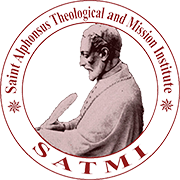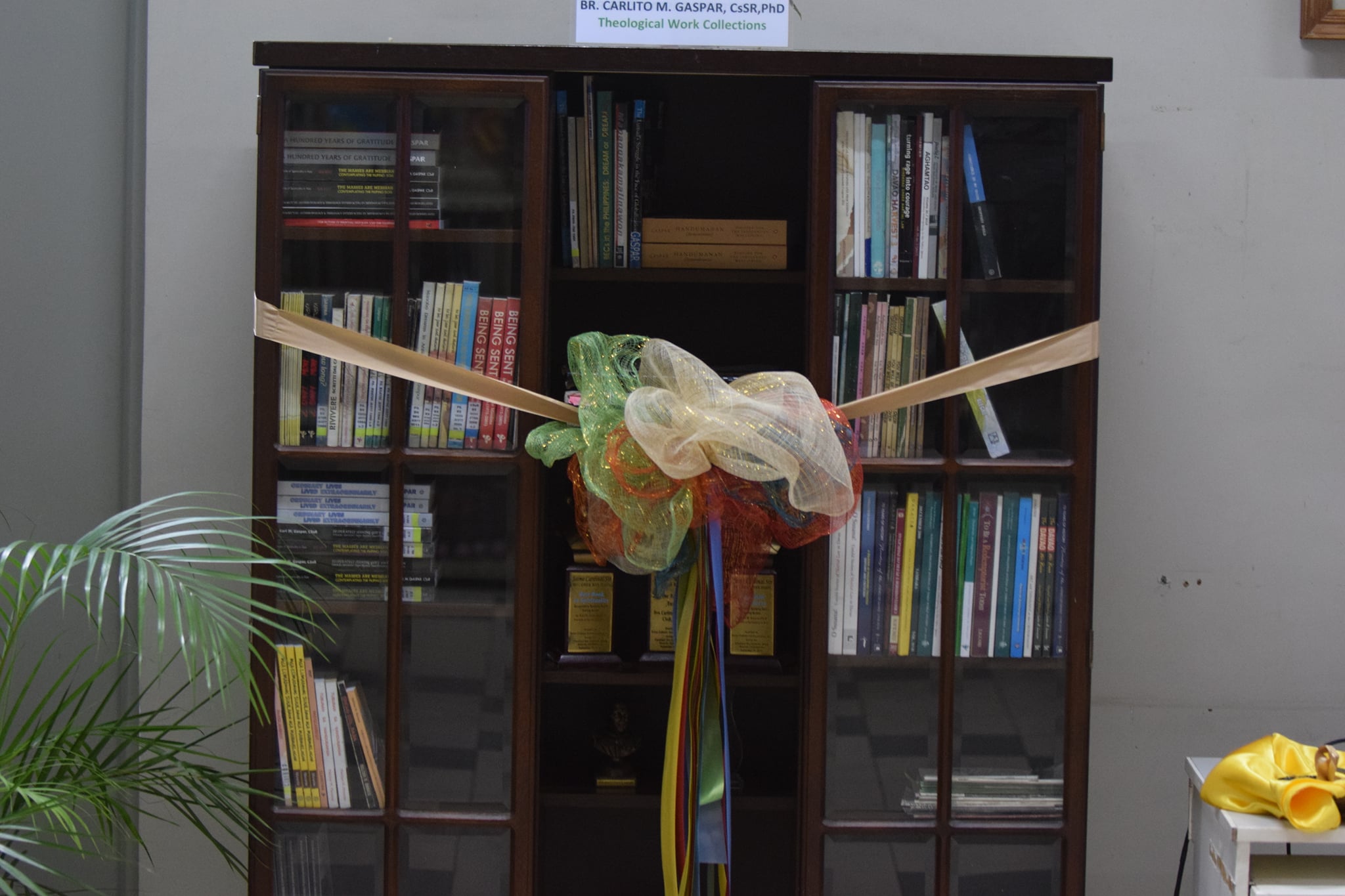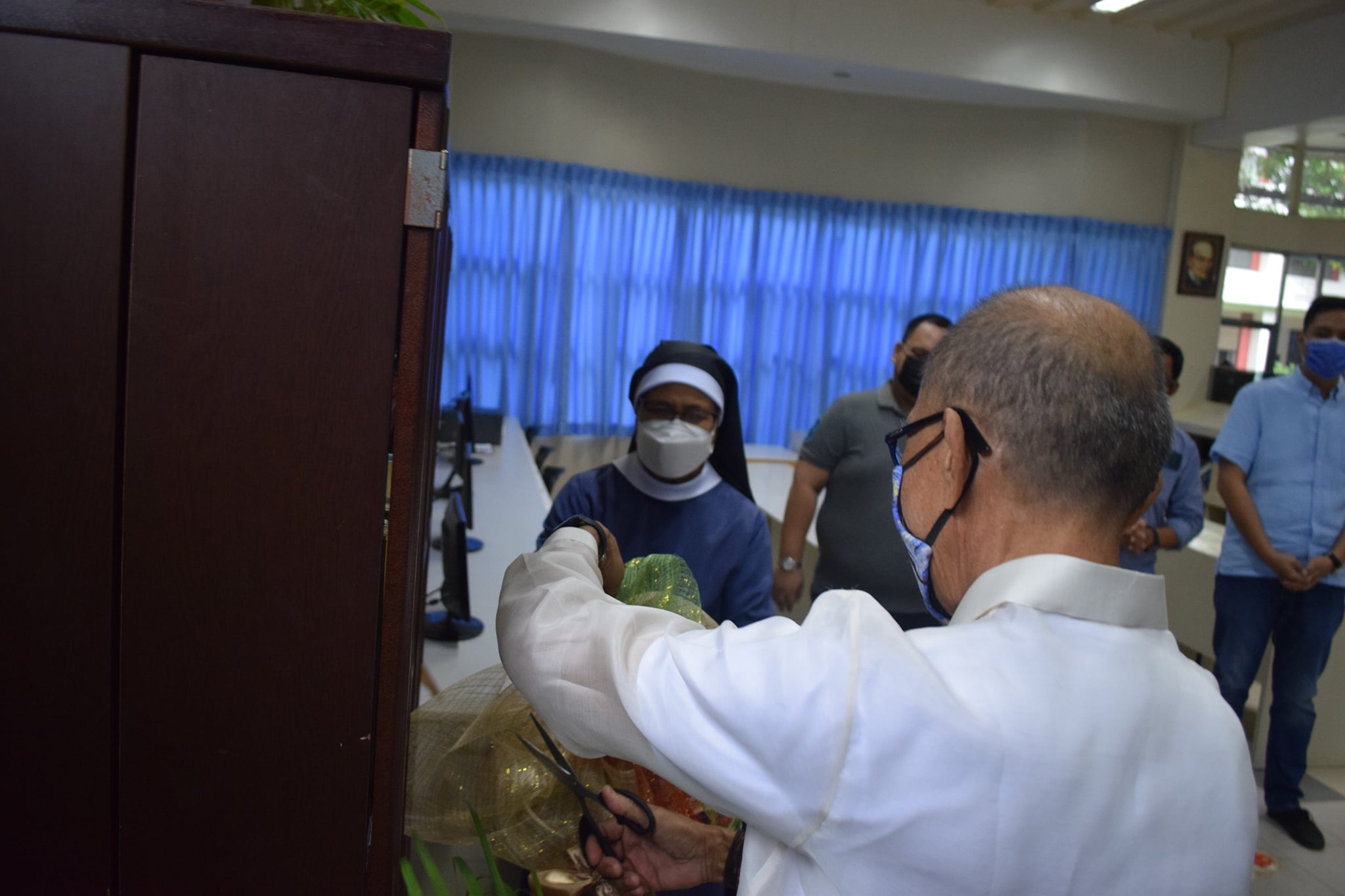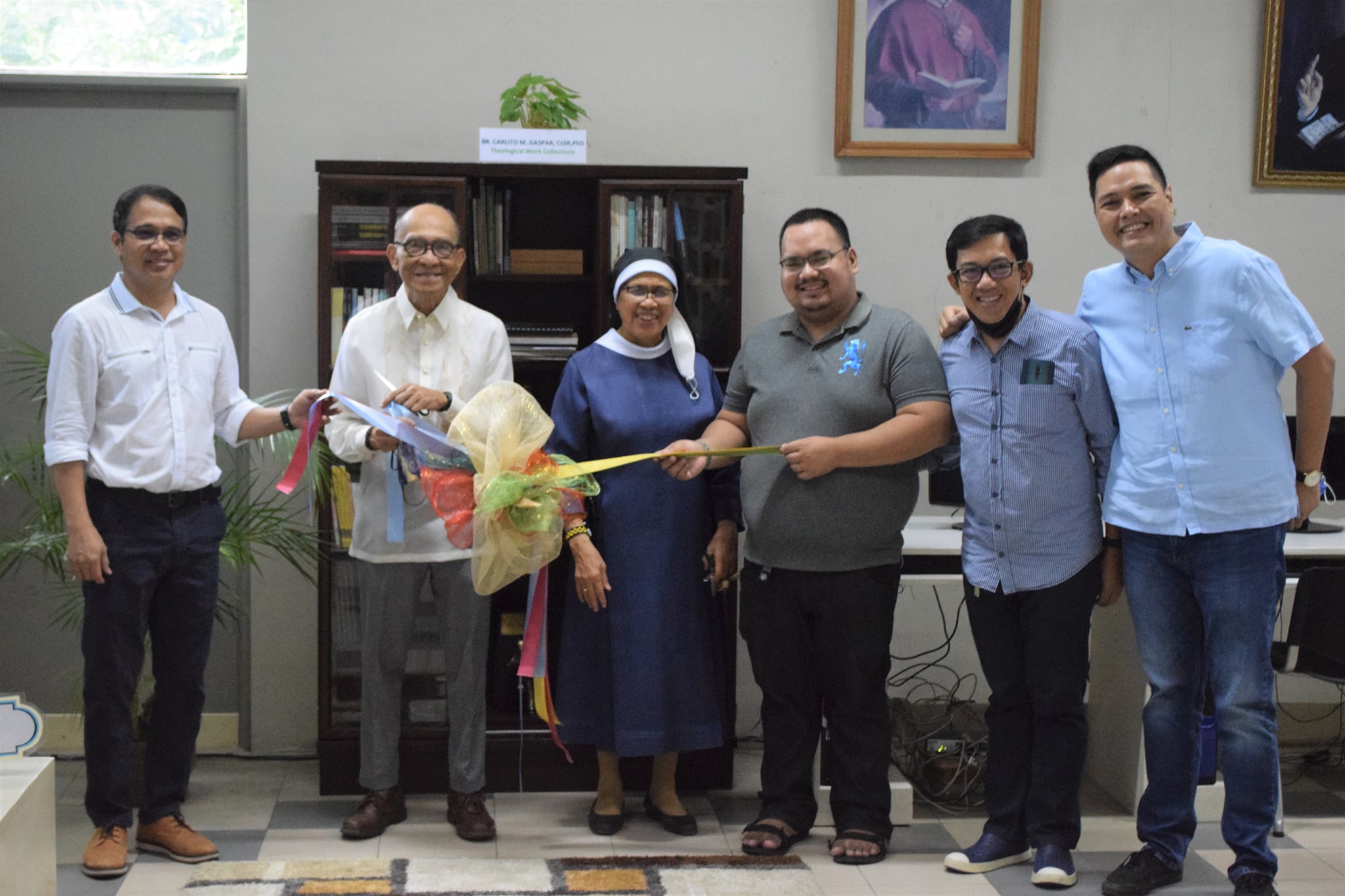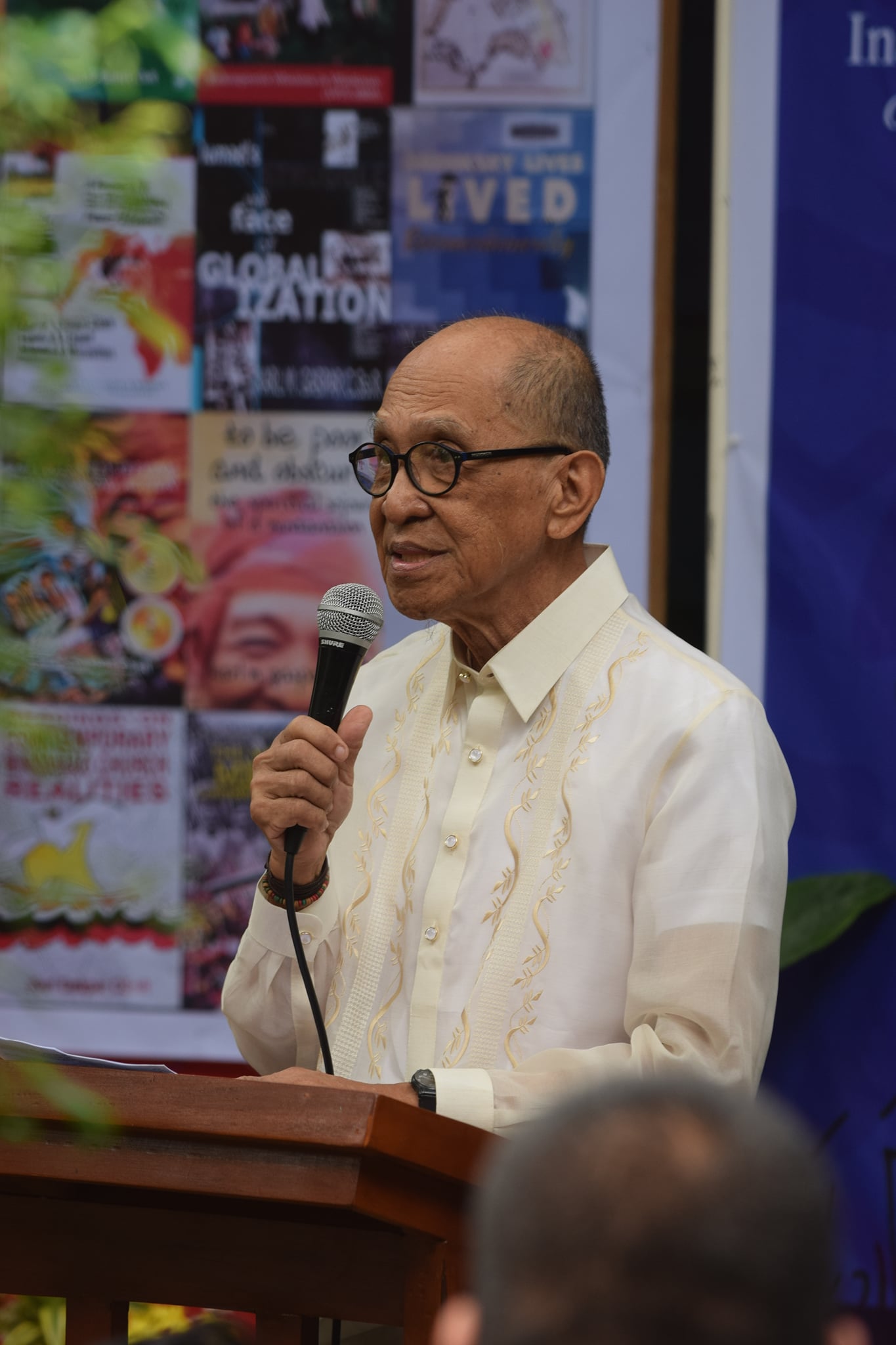
(Bro. Karl’s talk during his Inauguration)
Leonid Nikolaievich Andreyev, the Russian playwright, novelist, and short-story writer, who is considered to be a father of Expressionism in Russian literature, was quoted as saying these words, to succeed in life one needs two things – influence and a lucky star.
Some of us can claim to have been born under a lucky star of the time and the location of their birth provided them with advantages and opportunities denied those with no luck at all. I have the audacity to claim that I can consider myself as part of this lucky group.
I was lucky because my father Salvador decided to migrant from Capiz to Davao via Iloilo, same with my mother who braved the long and arduous trip to the far south of the archipelago from Pangasinan via Manila. I was lucky that under a romantic moon, they were destined to meet, fall in love and raise a family first in this city and then in Digos where I spent my childhood.
I didn’t know it then, but eventually, I would realize how lucky are we to have been born and to grow up in Mindanao, where – unlike my cousins in the north and central part of the islands – we got to be exposed to the realities of other ethnicities, cultures and faith traditions. Being born in 1947, I was spared the harsh experiences of living in a situation of a world war. With the declaration of Philippine Independence in 1946, I got to enter into the post-colonial epoch of this Republic.
As the American artist, Laurel Burch, “we can thank our lucky stars that once in a blue moon, we find rare and kindred souls along the pathways of our lives.” The Christian faith that constitutes an important element of my own identity would not have taken root if not for these kindred souls.
First, there was my mother, then a lady catechist in our parish, then the Brothers of the Sacred Heart who taught me Religion in high school, then the Jesuits who introduced me to theology at Ateneo de Davao. And then there were many others, as I already narrated in the talk that I gave recently during the Fr. Abdon Josol Lecture Series of SATMI.
They ranged from the highly esteemed Mindanao bishops from Bishop Bienvenido Tutdtud (the father of Inter-faith Dialogue in the country) to Bishop Federico Escaler SJ to theologians including Bishop Julio Labayen, Fr. Carlos Abesamis. Joe de Mesa and all those I have met in international and national conferences and fora of the Ecumenical Association of Third World Theologians and the Philippine Catholic Theological Association or DAKATEO. They too were the rare and kindred souls who got me hooked to theology.
But what has made a major difference have been my fifty-year immersion and grassroots experiences across various parts of Mindanao among Base Ecclesial communities composed of the most abandoned among rural peasants, fisherfolk, agricultural workers, and especially among Moro and Lumad peoples.
It began with my engagement as a co-worker of Maryknoll Missionaries in what was then the Prelature of Tagum in the 1970s and especially in the last thirty years as a Redemptorist missionary. Indeed, the privileged locus theologicus is at the grassroots among the anawim whose faith-life reflections are anchored in both the harsh realities they face and the life-affirming struggles they are engaged in – anchored in the hope that God journeys with them.
Did I ever imagine in my youth that reaching adulthood, I would end up as a theologian? That I would be able to write books and articles that might be considered positing theological discourses? Not really, for my dreams were simple – my first ambition was to be a high school teacher. And when I had the opportunity to do graduate school, my choice of field of expertise were Economics and Sociology – influenced by the demands of the times when we were drawn to activism because of the social unrest in the country in the 60s which worsened with the declaration of martial rule by the late dictator, F Marcos.
But as it turned out, my background in the social sciences – which later became even more inter-disciplinary with studies in philosophy, history, and anthropology – was a foundation for expanding my theological horizon especially as missiology arose as an important sub-discipline. So here we are today gathered together here in SATMI for this event which is both a source of embarrassment as well as affirmation. I thank SATMI’s Management Council for making this decision to award me this distinct honor, truly a great privilege.
One can only pray that this same lucky star will shine on some of you students as well as past students of SATMI, so that – one day – someone else can stand up here for yet another occasion to honor for making a contribution to the growth of theology in this corner of our planet. Puhon! Harinawa! Ishallah. Hinaut pa!
Daghang Salamat!
©Bro. Roel Gutierrez, CSsR
